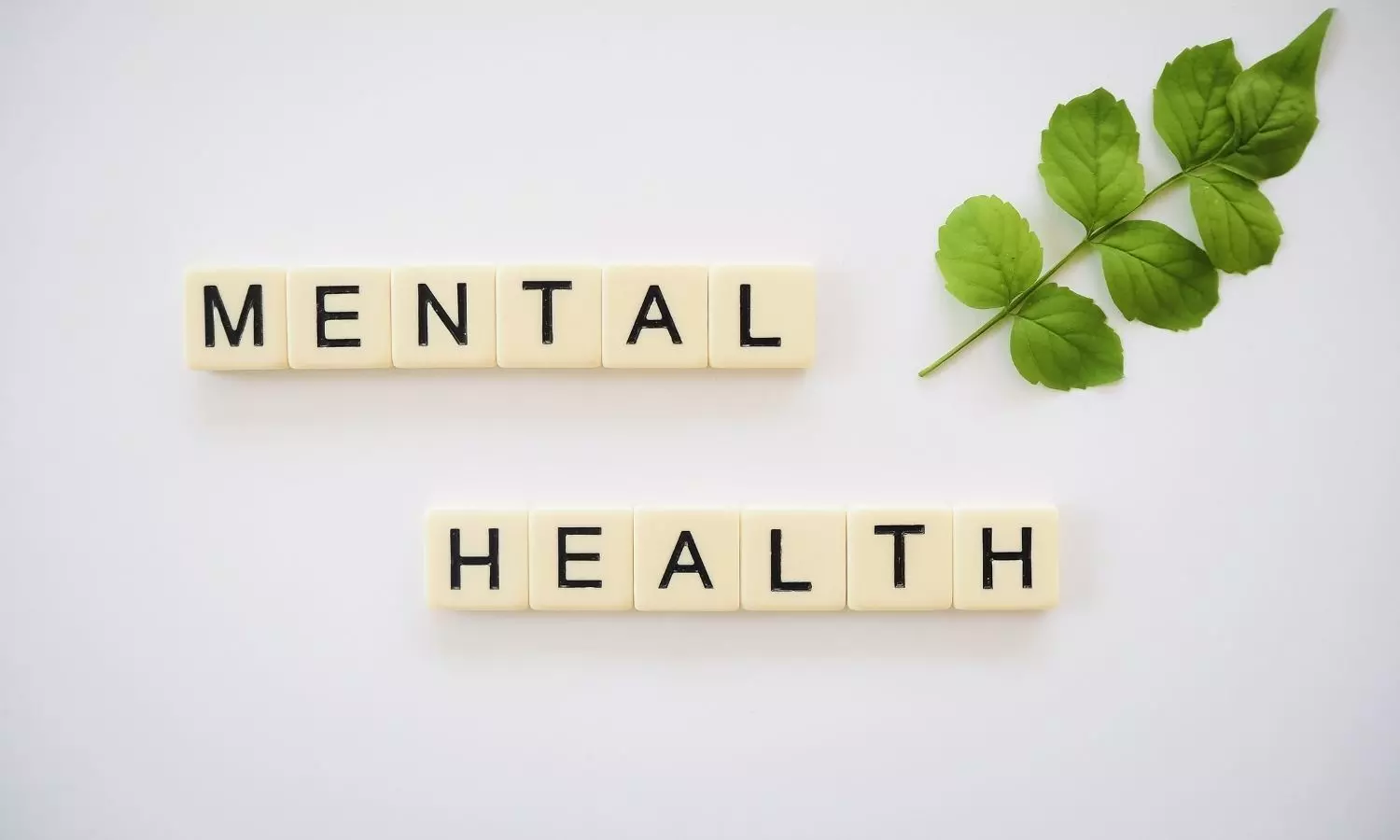Supreme Court directs NHRC to monitor Mental Healthcare Act Implementation
- byDoctor News Daily Team
- 29 October, 2025
- 0 Comments
- 0 Mins

New Delhi: TheSupreme Courton Tuesday directed theNational Human Rights Commission (NHRC) to monitor the implementation ofthe Mental Healthcare Act, 2017, ensuring the safeguarding of the rights and needs of persons with mental illnesses. A bench comprising Justices P S Narasimha and R Mahadevan observed that the NHRC should monitor the petition filed by advocate Gaurav Kumar Bansal in 2018. According to a recent PTI report, the top court took on record an affidavit filed by the Centre and noted that statutory authorities have been constituted to implement the Mental Healthcare Act, 2017. Also Read:SC directs states, UTs to report implementation of mental health guidelines in institutes It, however, noted that the petitioner has sought several other "prayers". These shall also be monitored by theNHRC. The top court had previously said that Parliament enacted the Mental Healthcare Act in 2017, which contemplates the establishment of a Central Mental Health Authority (CMHA), StateMental HealthAuthority (SMHA) andMental HealthReview Board (MHRB). Earlier, on March 2, the Supreme Court had directed the Centre to file an affidavit indicating the establishment and functioning of these bodies. The affidavit should also show the statutory and mandatory appointments to the authority and the review board. On January 3, 2019, the apex court issued notices to the Centre, all states and Union Territories on the petition, which claimed that non-implementation of provisions of the Act by the states and UTs was a gross violation of life and liberty of the citizens. The PIL argued that persons with mental illnesses were chained in a faith-based mental asylum in the Budaun district of Uttar Pradesh in violation of provisions of theMental HealthCare Act 2017. The court examined the photos of such patients, calling it a matter of great concern. The bench emphasized that chaining people with mental illness was violative of their rights under Article 21 of the Constitution, which deals with life and personal liberty, and their dignity cannot be compromised. According to the PIL, chaining a person suffering from mental illness is a blatant violation of a provision of the 2017 Act, which says that every such person shall not only have a right to live with dignity but he or she shall be protected from cruel, inhuman and degrading treatment, reports PTI. Referring to the National Mental Health Survey 2016, the petitioner claimed that around 14 per cent of India's population requires active mental health interventions and around 2 per cent Indians were suffering from severe mental disorders. Also Read:NMC directs medical colleges to participate in surveys under Supreme Court's National Task force on mental health
Disclaimer: This website is designed for healthcare professionals and serves solely for informational purposes.
The content provided should not be interpreted as medical advice, diagnosis, treatment recommendations, prescriptions, or endorsements of specific medical practices. It is not a replacement for professional medical consultation or the expertise of a licensed healthcare provider.
Given the ever-evolving nature of medical science, we strive to keep our information accurate and up to date. However, we do not guarantee the completeness or accuracy of the content.
If you come across any inconsistencies, please reach out to us at
admin@doctornewsdaily.com.
We do not support or endorse medical opinions, treatments, or recommendations that contradict the advice of qualified healthcare professionals.
By using this website, you agree to our
Terms of Use,
Privacy Policy, and
Advertisement Policy.
For further details, please review our
Full Disclaimer.
Recent News
mRNA COVID vaccines may improve survival rates in...
- 29 October, 2025
Scientists discover unexpected link between gray h...
- 29 October, 2025
Eating peanuts during pregnancy may affect how a c...
- 29 October, 2025
New Drug-Eluting Balloon Matches Standard Stents i...
- 29 October, 2025
Daily Newsletter
Get all the top stories from Blogs to keep track.


0 Comments
Post a comment
No comments yet. Be the first to comment!